Quick Take: Key Points
Senate Bill 1563 permits law enforcement to remove squatters as trespassers, not tenants.
Landlords can bypass the lengthy legal eviction process.
Presenting fake documents or false identities becomes a criminal offense.
Full-service property managers can assist in enforcing safeguards and preventing squatting.
What Is the 2025 Illinois Squatter Bill (Senate Bill 1563)?
On May 21, 2025, the Illinois House passed Senate Bill 1563, commonly known as the "Squatter Bill." This legislation redefines how law enforcement can address illegal occupants under Illinois law.
Once signed by Governor JB Pritzker, the law will:
Allow immediate squatter removal in Illinois when the rightful owner can prove legal ownership
Classify squatters as trespassers instead of tenants
Penalize the use of fraudulent leases or false identities to occupy a property
"This bill will take away the legal standing of the squatter. We will treat them as trespassers and not as tenants." — Rep. La Shawn Ford
Why This Law Matters for Chicago Landlords and Property Owners
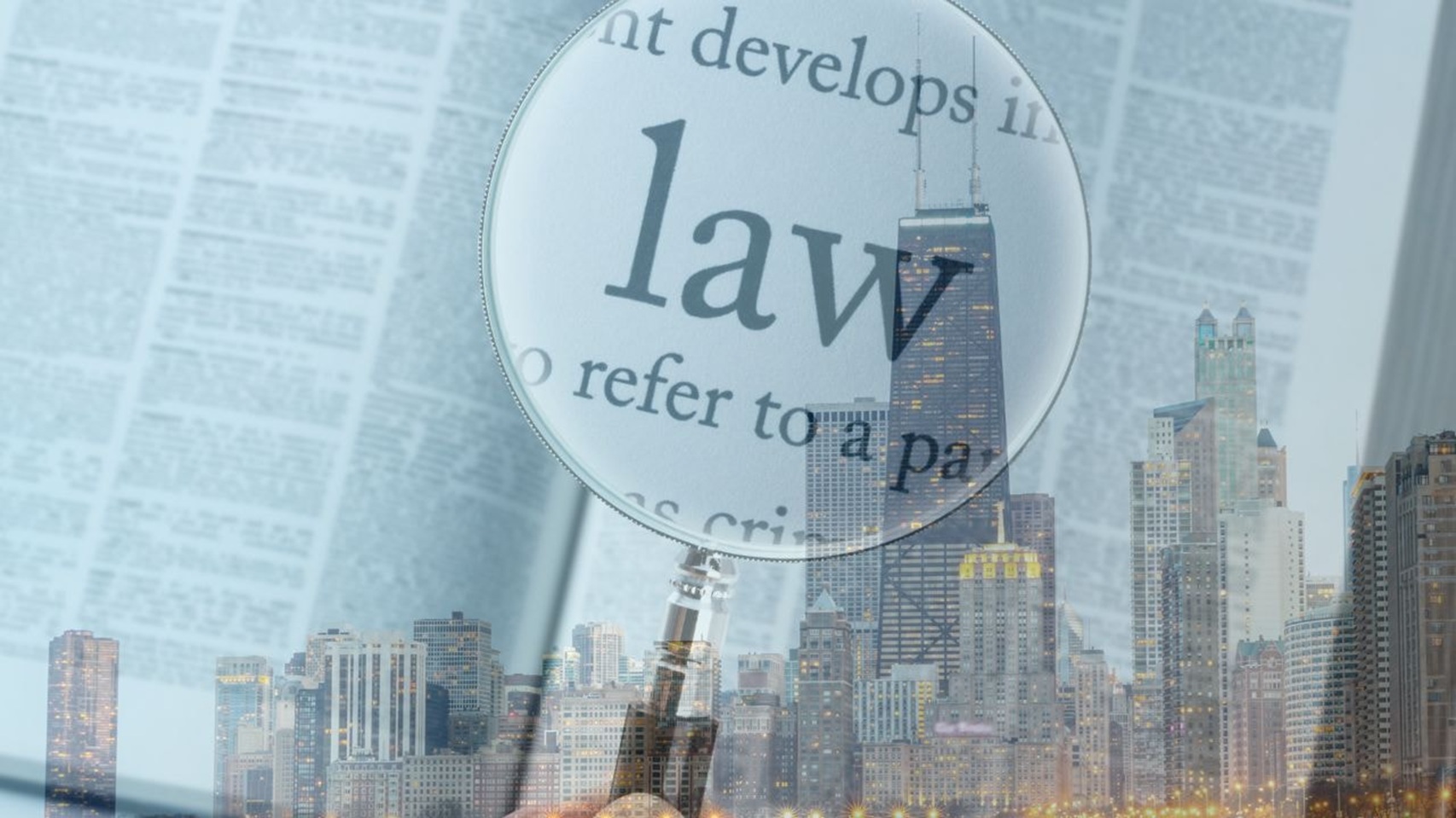
Chicago has experienced a rise in squatting cases, often involving vacant or rehabbed homes. Under current law, squatters can remain in a property throughout a formal eviction lawsuit — sometimes lasting 6 or more months.
Senate Bill 1563 addresses this issue by enabling local law enforcement to act swiftly. For landlords and property owners in Illinois, this means:
Faster access to your rental properties
Reduced loss of rental income
Lower legal expenses and administrative burdens
A simplified legal process for unauthorized occupancy
For those managing multiple or vacant properties, this bill provides essential legal protections and streamlines court proceedings.
What Counts as a Squatter Under the New Illinois Law?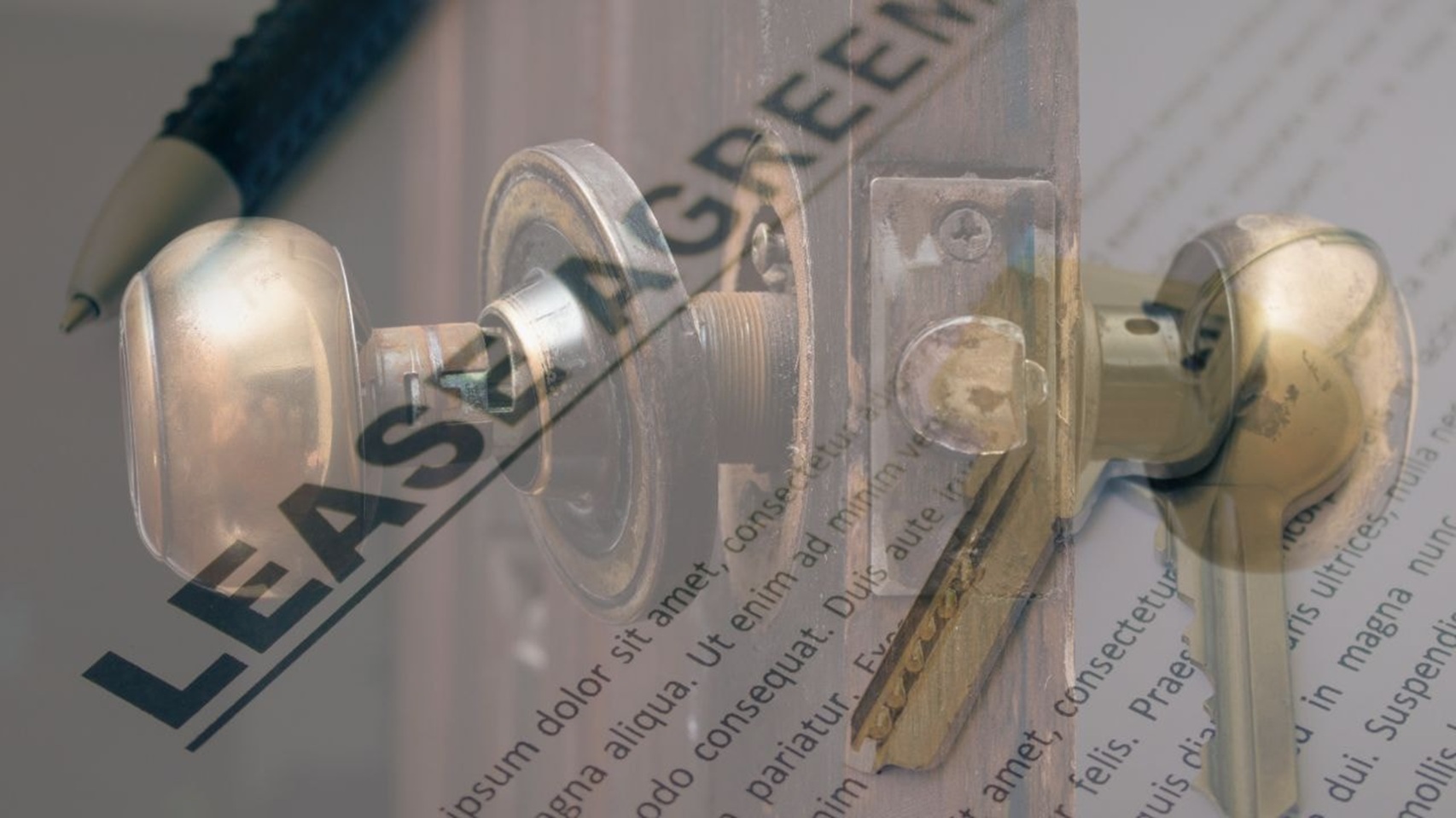
A squatter is someone occupying a property without a lease and without the owner's permission. The law also targets individuals who:
Present fake lease agreements or phony rental documents
Use false names or forged identities
Claim occupancy via outdated legal loopholes like adverse possession in Illinois
Once an owner presents clear evidence of legal ownership, if signed into law, police will be authorized to remove squatters immediately, bypassing the formal eviction process.
What Chicago Property Owners Should Do Now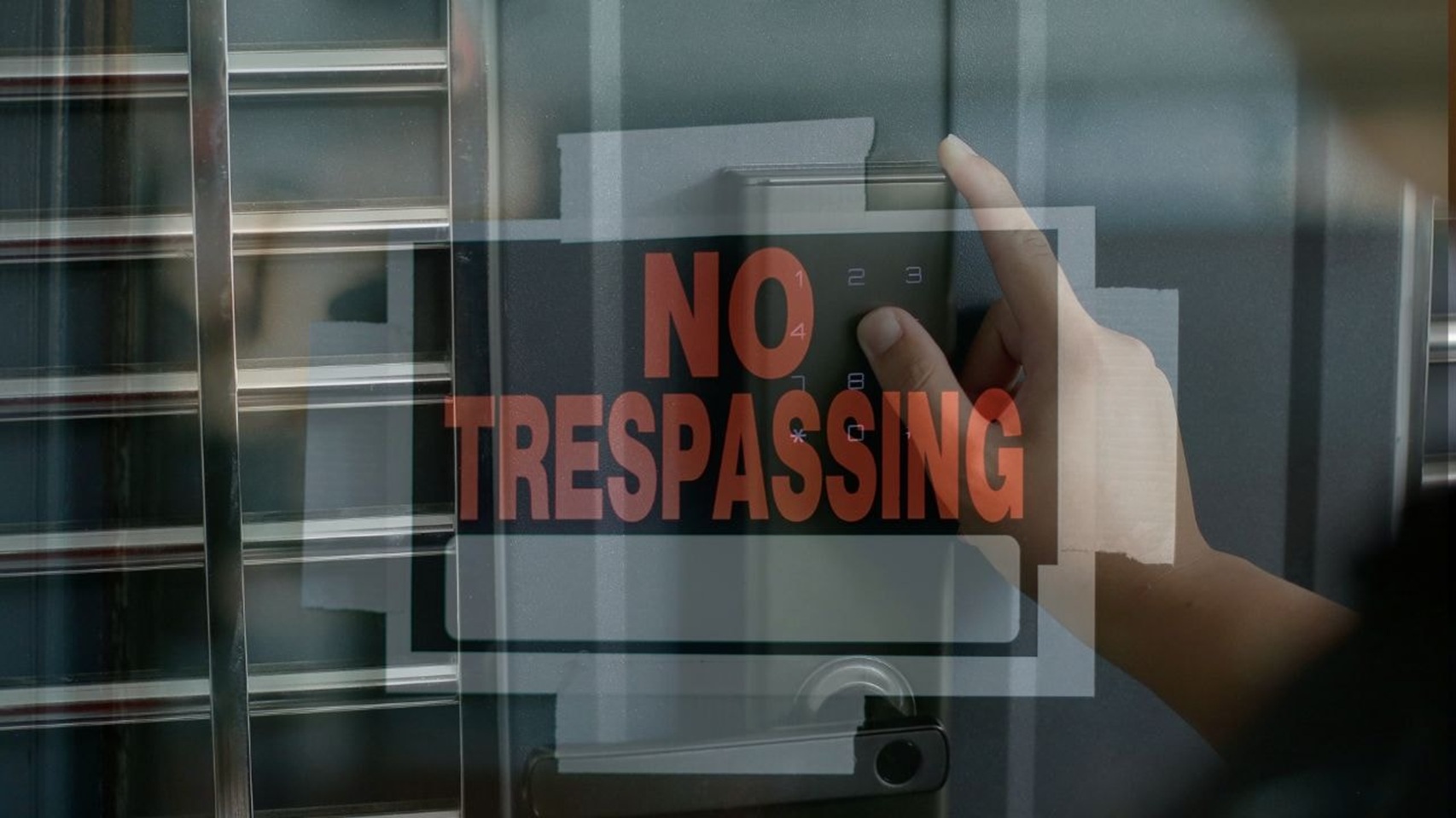
While the bill awaits the governor's signature, proactive landlords and property management companies in Chicago should:
Secure vacant properties with trespassing signs, smart locks, and alarm systems
Maintain documentation of ownership (keep deeds and title paperwork accessible)
Inspect properties regularly, especially after lease violations or tenant move-outs
Collaborate with a full-service property management company experienced in addressing unauthorized occupancy and legal compliance
How Landmark Property Management Can Help
At Landmark, we assist Illinois property owners in preventing costly legal issues through:
Ongoing inspections of vacant properties
24/7 emergency response coordination
Lock change services and security upgrades
Legal guidance for eviction notices, lease violations, and compliance
Our full-service property management in Chicago ensures your property is protected against unauthorized occupancy and adverse possession claims.
Explore our services or schedule a free rental analysis today.
Squatter Rights in Chicago vs. the Rest of Illinois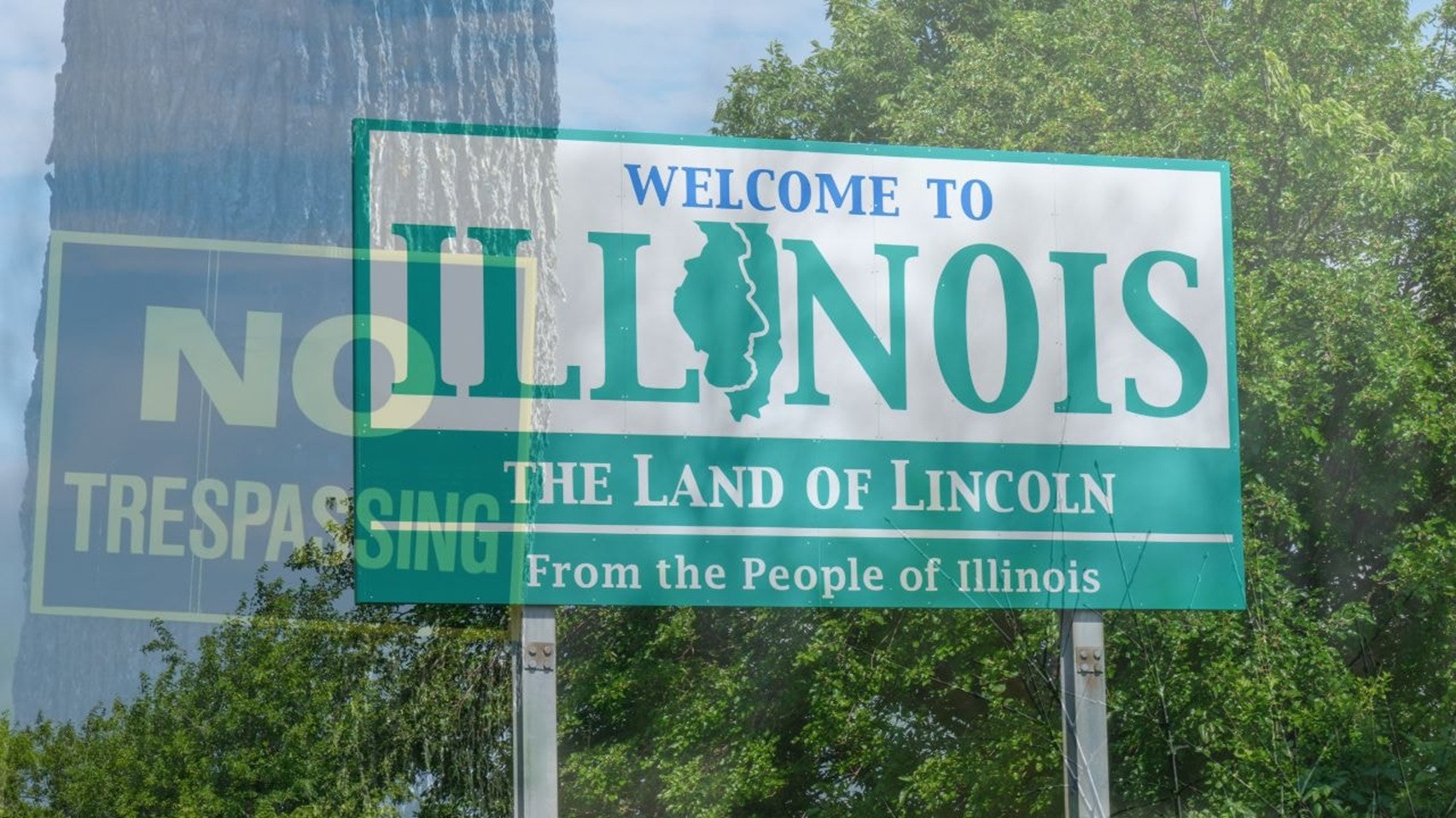
While Senate Bill 1563 will apply across Illinois, it has particularly important implications for Chicago landlords, who often face longer vacancy periods, more lease violations, and higher incidences of illegal occupancy. Neighborhoods with more distressed properties — such as Chinatown, Bridgeport, or Bronzeville — may be at greater risk than others like Lincoln Park, or Lakeview but it doesn't mean anywhere is safe.
Chicago property owners should:
Understand squatters are no longer protected by tenant rights without a lease
Keep proof of legal ownership (title, deed, lease records) easily accessible
Work with professionals who understand Chicago’s enforcement and legal process
Ensure vacant properties are secured, monitored, and clearly not abandoned
Common Misconceptions About Squatters and Illinois Adverse Possession Laws

Myth: Squatters gain legal rights after 30 days in a property
Reality: Illinois law does not grant legal claim or rights to unauthorized occupants. SB 1563 confirms this distinction.
Myth: Landlords can’t act if someone breaks in and claims to live there
Reality: Law enforcement can now intervene and remove squatters immediately.
Myth: Squatters can claim adverse possession easily
Reality: Adverse possession claims in Illinois require 20 years of actual possession, open and notorious use, exclusive possession, hostile possession, and payment of property taxes.
How to Remove a Squatter in Illinois (Post-SB1563)
Under SB 1563, here's what landlords should do:
Contact law enforcement with proper documentation
Provide proof of legal ownership (title, deed, lease history)
Let police remove the squatter without a court order
Re-secure the property and address lease violations
Notify your property management company to monitor the situation in the rare chance they are not the one's already handling this for you
Learn more about the 5 elements of adverse possession in Illinois
Frequently Asked Questions About Squatter Rights in Illinois
What is the new squatter’s law in Illinois?
Senate Bill 1563 reclassifies squatters as trespassers and authorizes police removal without court proceedings.
Can police remove a squatter in Illinois?
Yes — with proper ownership proof, local law enforcement may act under the new law.
How long does it take to claim adverse possession in Illinois?
Illinois requires a statutory period of 20 years of continuous, exclusive, and hostile possession. The claimant must have paid property taxes as well.
What’s required to claim ownership through adverse possession in Illinois?
Open and notorious possession, hostile possession, actual possession, exclusive possession, and payment of taxes — over 20 years.
What can property owners do to prevent squatters?
Install alarm systems, post trespassing signs, conduct regular inspections, and hire a full-service property management company.
Can tenants become squatters in Illinois?
Yes — especially after the lease ends and they continue occupying without the owner's permission.
The Best Defense Is a Proactive Property Management Company
Senate Bill 1563 gives Illinois property owners a faster way to remove squatters, but prevention is still key. Squatters refuse to leave when owners lack documentation, local support, or a plan.
Landmark Property Management helps property owners across Chicago stay compliant, minimize risk, and maximize ROI.
Looking for expert property management in Illinois? Contact us now and protect your investment today.

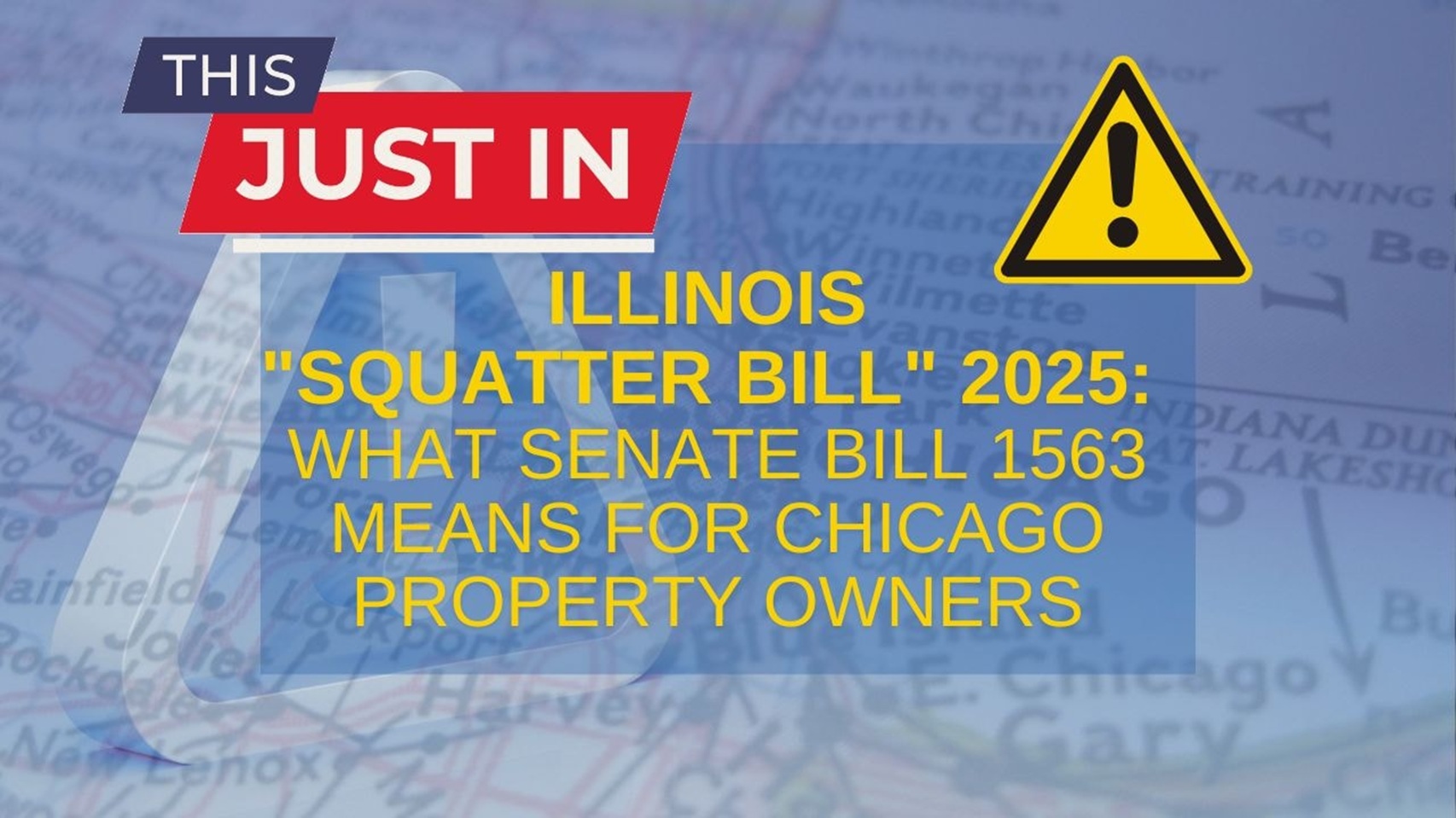




.png)


